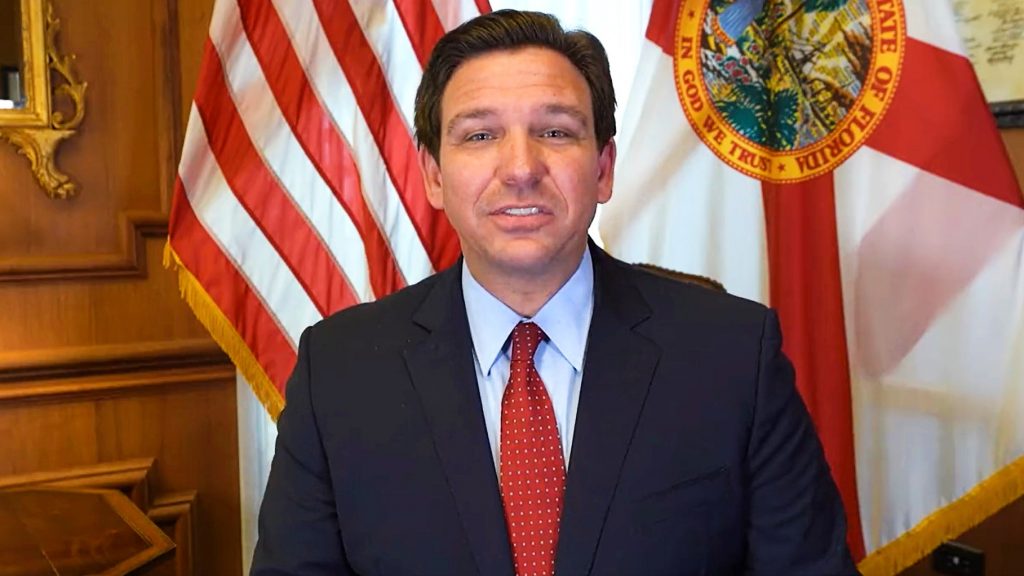DeSantis Signs Education Bill Giving Parents More Power
The governor signed the Florida curriculum transparency into law that gives parents more power and places limits on school board members.

Florida Governor Ron DeSantis furthered his mission to reform the Sunshine State’s education department by signing yet another bill into law that will have a huge impact on the learning sector. Last Friday, in front of constituents and parents from the Florida Capitol in Tallahassee, the Governor signed HB 1467 into law. Known as the Florida curriculum transparency bill, the new law will give parents more rights in education along with restricting school board limits.
See him sign the bill below.
A delighted Governor DeSantis signed the bill into law in front of a pleased crowd which he addressed on Friday. Doubling down on something he calls a major overhaul in the state, DeSantis said the newly signed Florida curriculum transparency bill would allow parents to get back to the task at hand, which is giving their children the education they see fit, without having to worry about indoctrination within the school system. DeSantis, who has received plenty of pushback from the teacher unions within his state, this time spoke in favor of his states’ teachers. Instead, he aimed at the school boards running districts.
After saying that he doesn’t believe “most [teachers] want to indoctrinate,” DeSantis blamed elected school board members as the reason for needing the Florida curriculum transparency bill. The governor claims that the newfound urge for parental advocacy in education reform that is seen all across the United States is largely due to the COVID pandemic. As parents were forced to oversee their children’s education at home, DeSantis said that “Parents became exposed more to what was actually going on in some of the schools. They’re going to school board meetings, they’re asking tough questions – advocating for their kids.”

HB 1467, also known as the Florida curriculum transparency bill, will place stricter scrutiny on books found on school library shelves. The newly signed legislation requires schools districts to list all library books and school instructional materials in use to be logged in an online database. Before this new database rolls out, the state will implement a multi-step review process. Likewise, they will hold a public hearing with a “reasonable” opportunity for public comment.
Seeming to have plans to roll out this new Florida curriculum transparency bill smoothly, the new law requires elementary schools to hire a Department of Education(DOE)-trained media specialist. This employee will be in charge of curating material and compelling districts to report anything that has drawn public objection. After that, the decision to ban is left in the hands of the DOE.
The other part of the Florida curriculum transparency bill dealt with the state’s school boards. Under the new law, school board members’ terms are now limited. The new term limit will go into effect after the 2022 election cycle later this year. Originally, the bill’s terminology would have set 8-year limits for members, but it was amended by the Senate where it was settled on a 12-year term limit.

The signing of the Florida curriculum transparency bill into law marked another monumental moment in the state’s mission to overhaul the education department. Recently, two other massive bills gaining nationwide attention passed the House and Senate. The Stop WOKE Act and Parental Rights in Education Bill are both expected to be signed by the Republican governor. Both bills will make changes within the state’s education to prohibit any form of critical race theory indoctrination, and limit gender identity discussions inside elementary classrooms. Similarly, the state drew national attention for enacting new legislation that will require high school students to take a financial literacy class before graduating.



